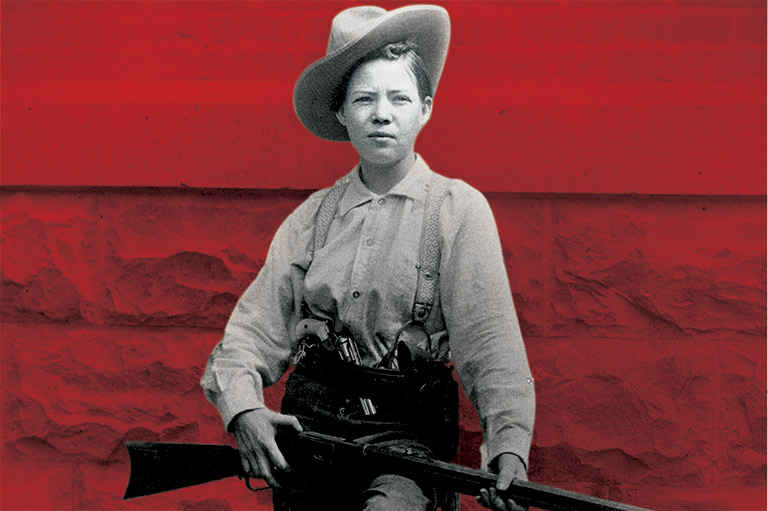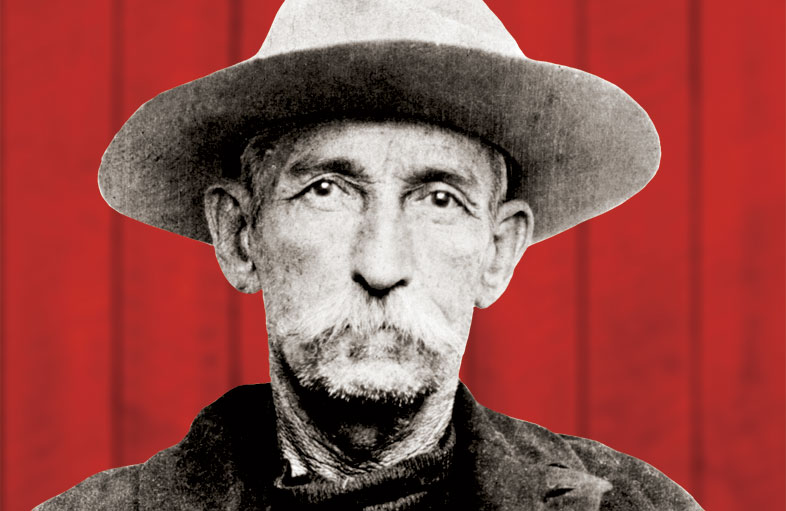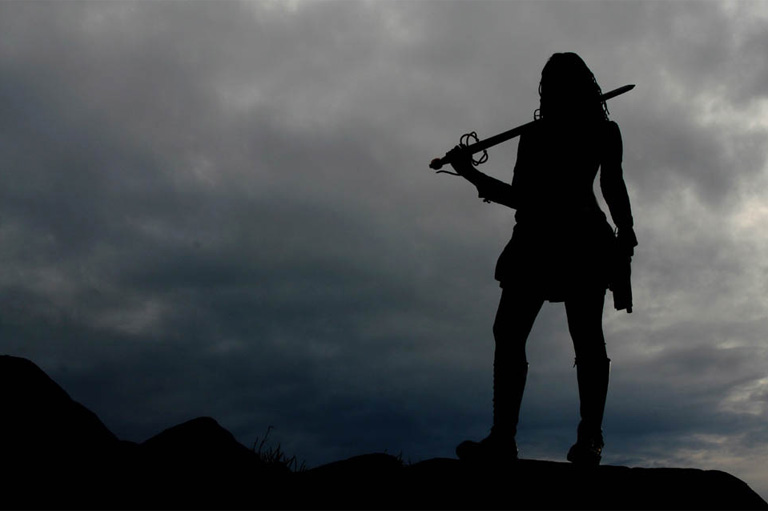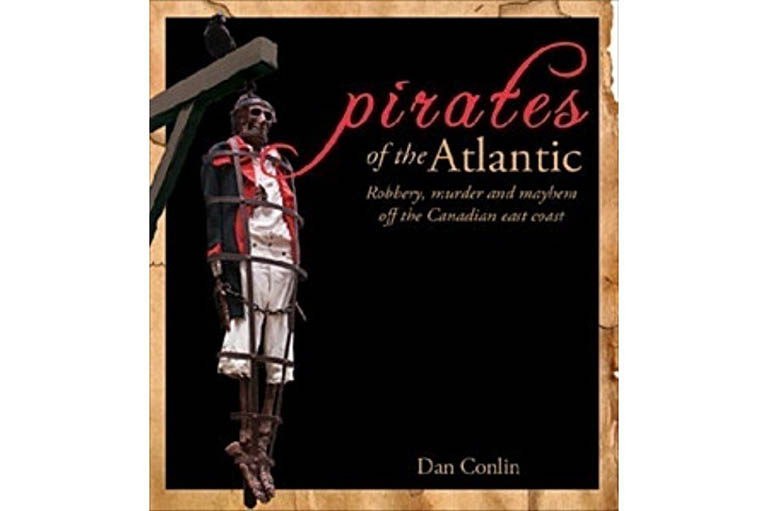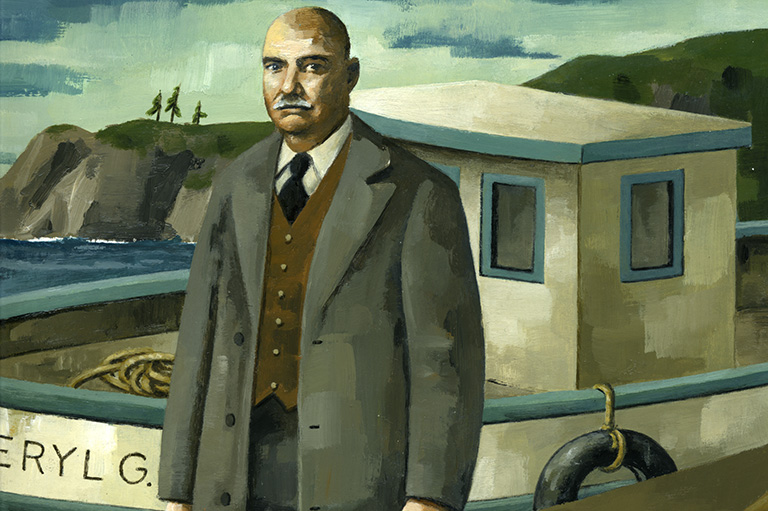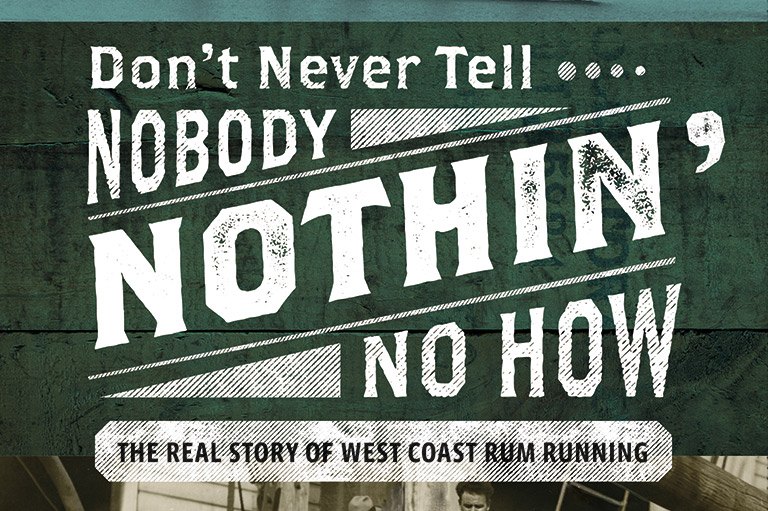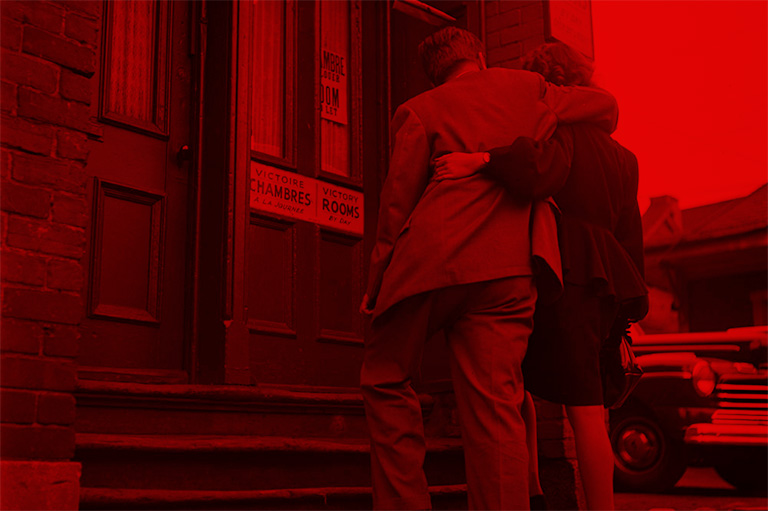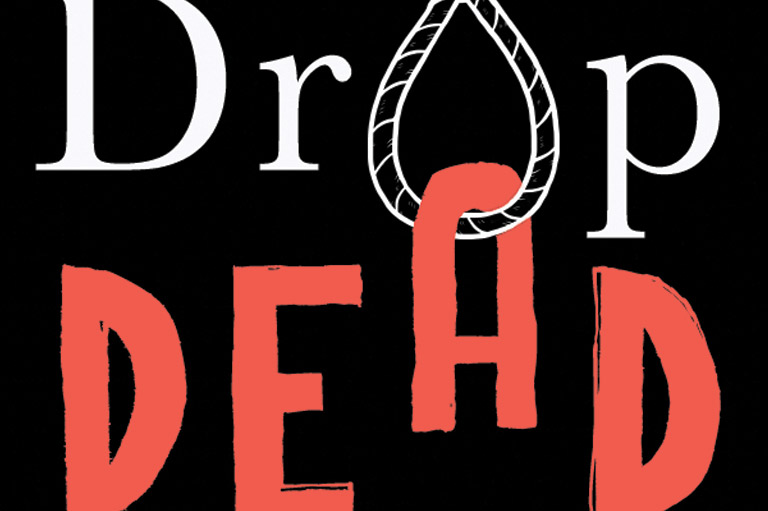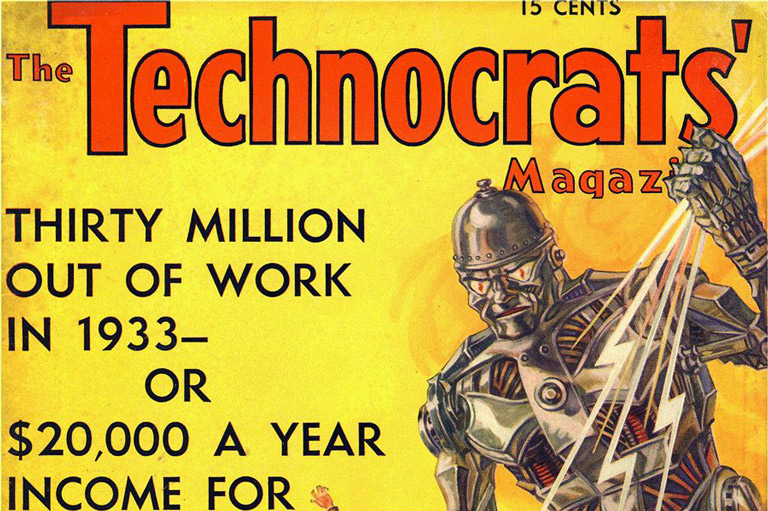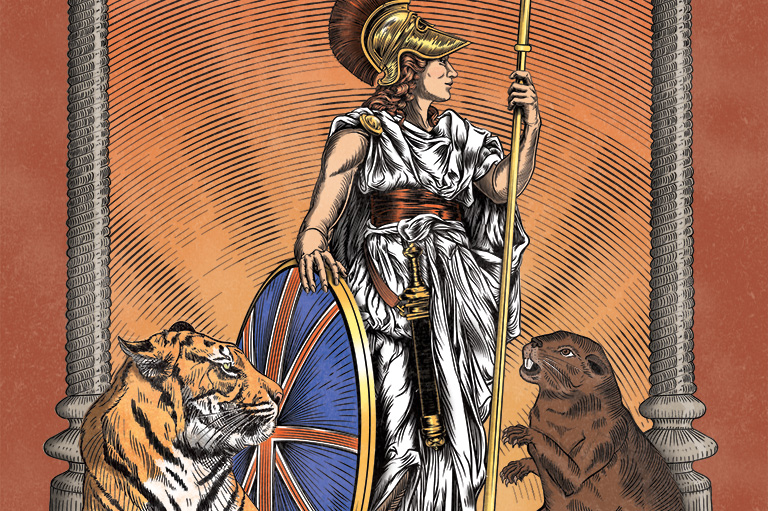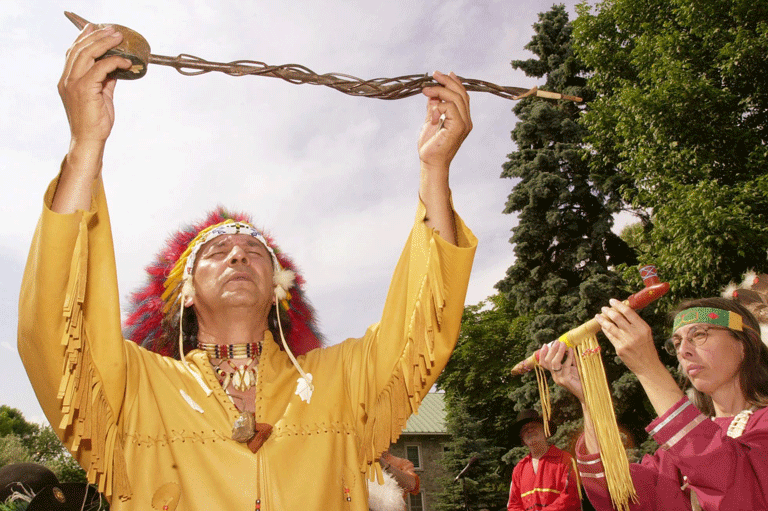Lawbreakers in the "Mild West"
Looking back over the years from the rise of the fur trade to the abolition of Prohibition, you can find several other outlaws with a Canadian connection who broke laws on either or both sides of the Canada-U.S. border. They include:
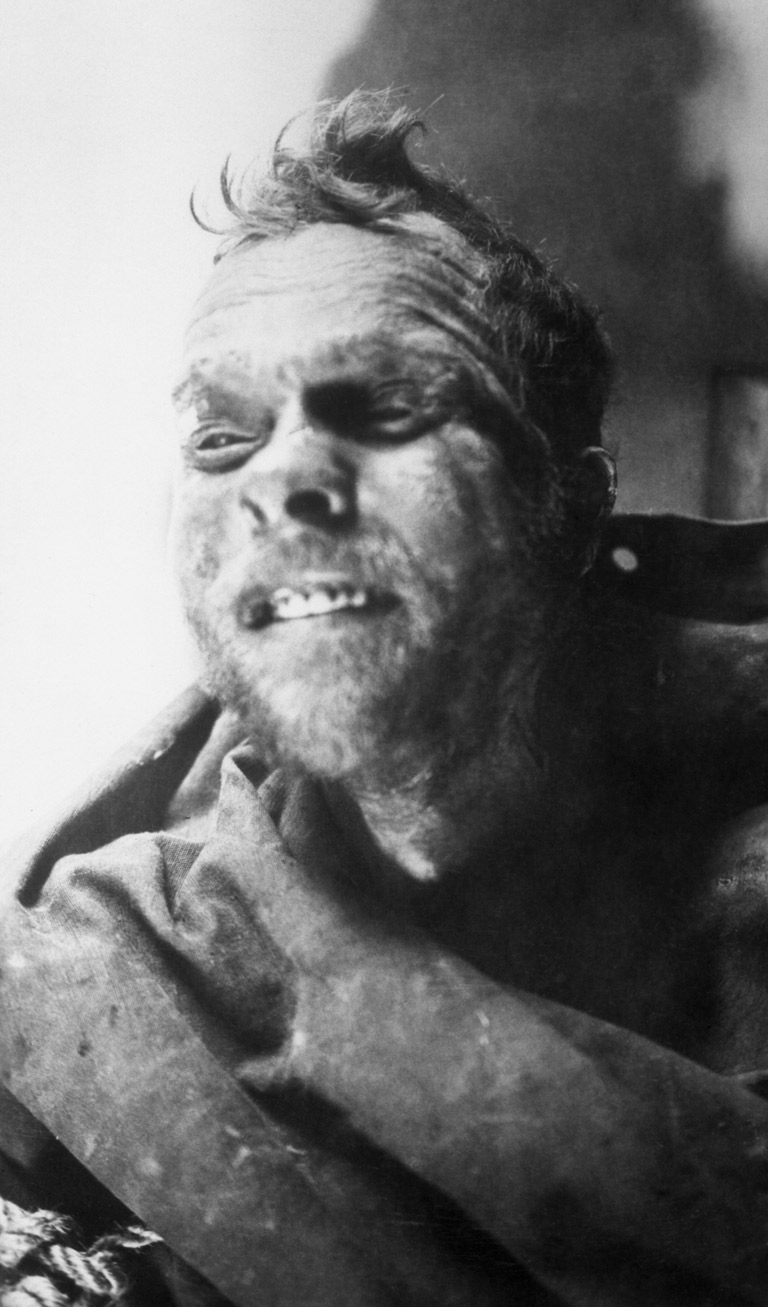
“Mad Trapper” Albert Johnson
A mysterious Yukon loner who terrorized local trappers and wounded an RCMP constable during a standoff at his remote cabin.
With twenty-one men, forty-two dogs and a bush plane on his tail, Johnson fled across rugged terrain in extreme cold, eluding police for weeks and killing one officer. He was finally taken down in a hail of gunfire on February 17, 1932.
William “Canada Bill” Jones
An English-born hustler who perfected his talents as a card sharp while travelling through Western Canada in the 1860s.
He then headed south to the Mississippi riverboats in search of bigger game. He famously said, “I know it’s crooked, but it’s the only game in town.”
When he died in 1880 at age forty, a gambler friend was reputed to have offered to bet that Jones was not in the coffin. The offer found no takers.
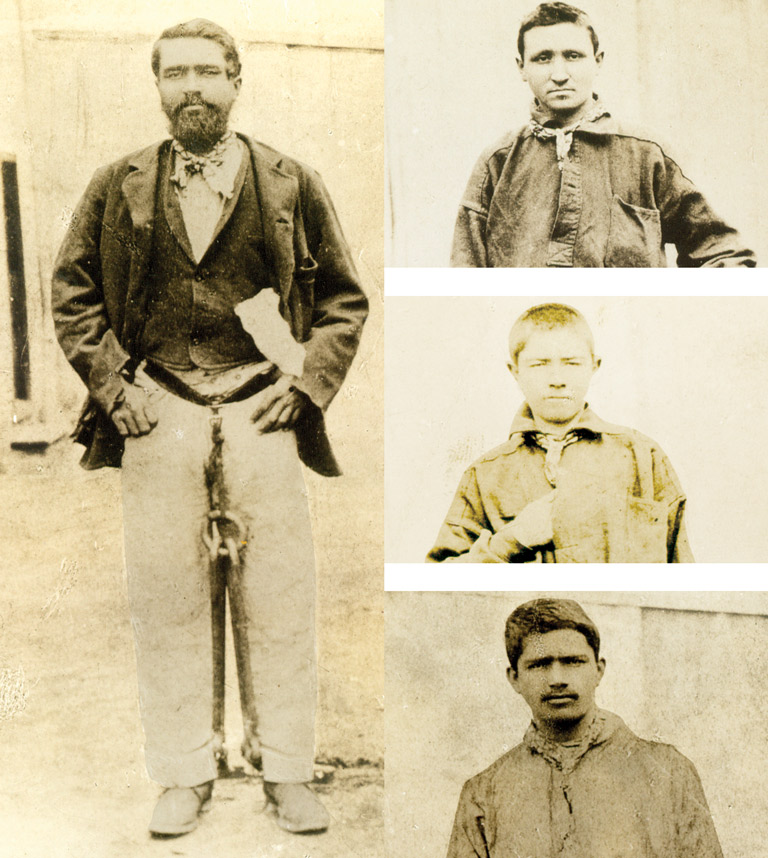
The “Wild McLean Boys”
Brothers Allan, Charles, and Archie McLean and their friend Alexander Hare ran amok in Kamloops, B.C., stealing horses, ammunition, liquor, food, and anything else they could lay their hands on.
They killed two men, including a police constable. Caught and convicted, they were hanged together in 1881.
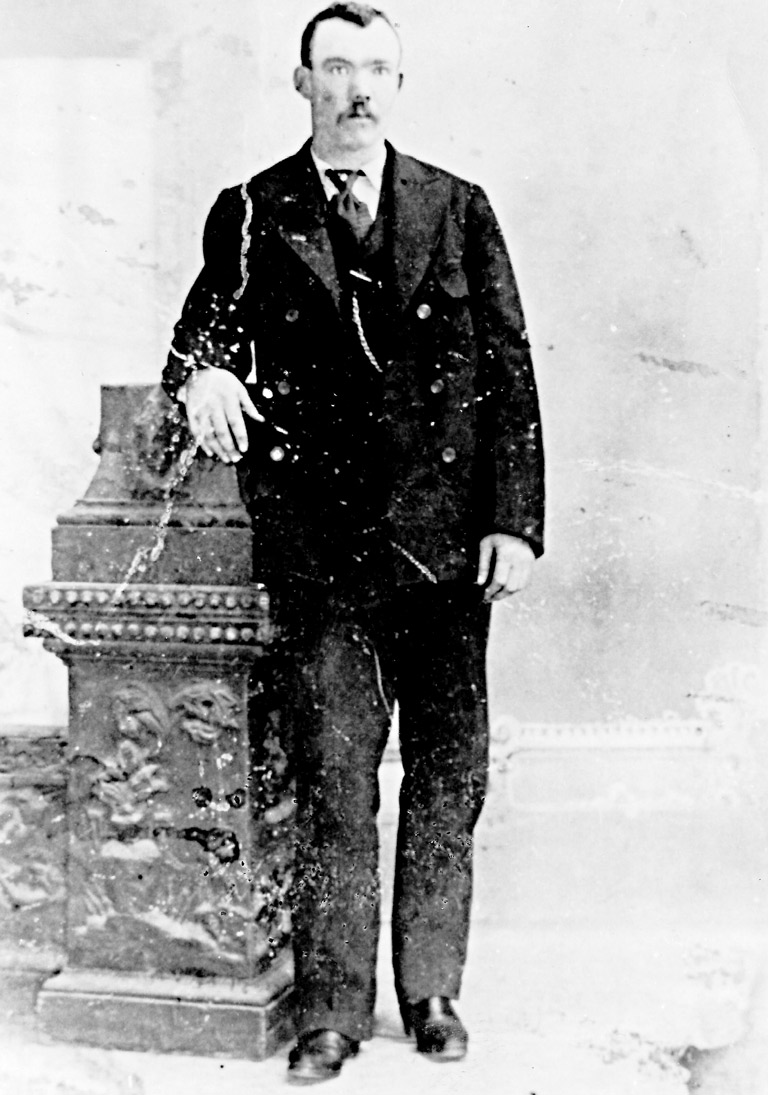
George “Flat Nose” Curry
A Prince Edward Islander who drifted west as a teenager and became a cattle rustler.
He mentored Harvey Logan, who adopted his surname to become “Kid Curry.” Both joined Butch Cassidy’s notorious Wild Bunch.
In 1899, the gang robbed a train in Wilcox, Wyoming, and killed a sheriff. “Flat Nose” Curry was shot and killed in 1900 while rustling cattle in Utah.
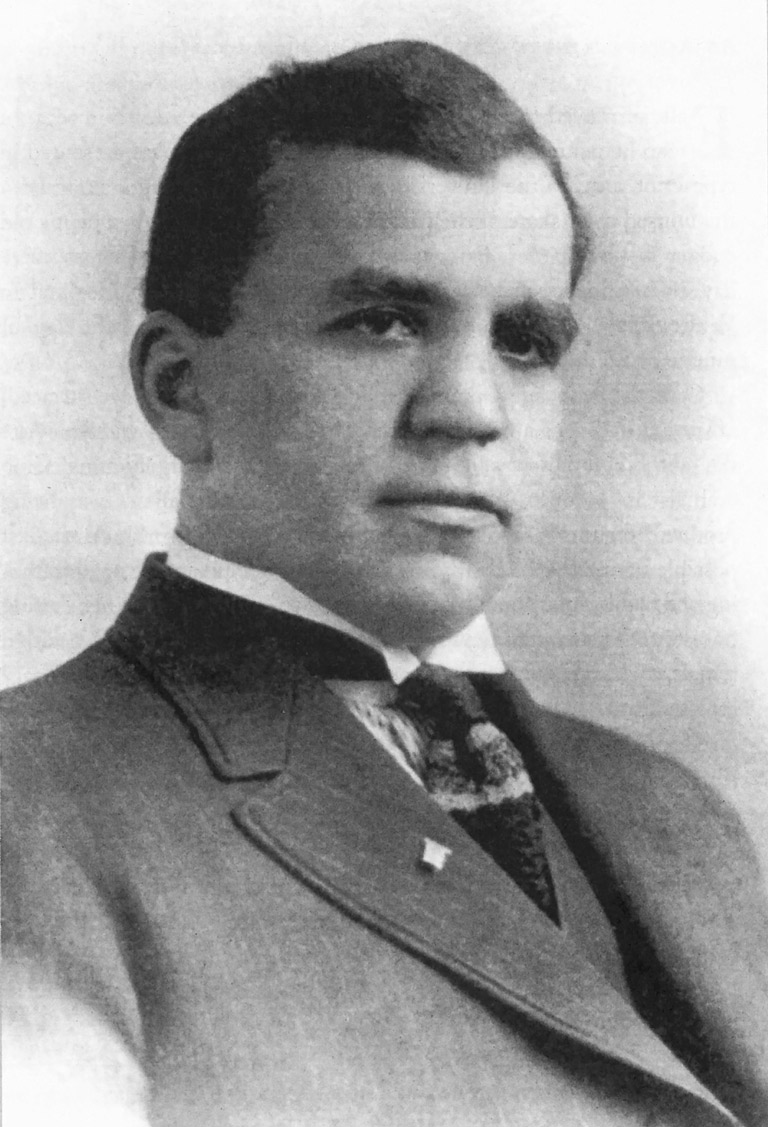
Morris “Two-Gun” Cohen
A petty criminal who did time in Manitoba and Saskatchewan prisons before moving to China in the 1920s and becoming a pistol-packing bodyguard to the revolutionary leader Sun Yat-sen.
Cohen’s biographer, Daniel S. Levy, reported that China for Cohen was like the Wild East.
“It was the last great frontier, filled with adventurers and fortune seekers, offering them the freedom to range and look for what they could take.”
Will James
A francophone born in Quebec who came West in 1909 at age fifteen to become a cowboy.
Born Joseph-Ernest Dufault, he had a number of aliases and was briefly jailed and then acquitted following the death of a sheepherder in a Calgary bar.
In 1914 he headed south to Nevada, where he went to prison for cattle rustling. While behind bars, James turned his life around, eventually becoming a successful cowboy novelist and artist.
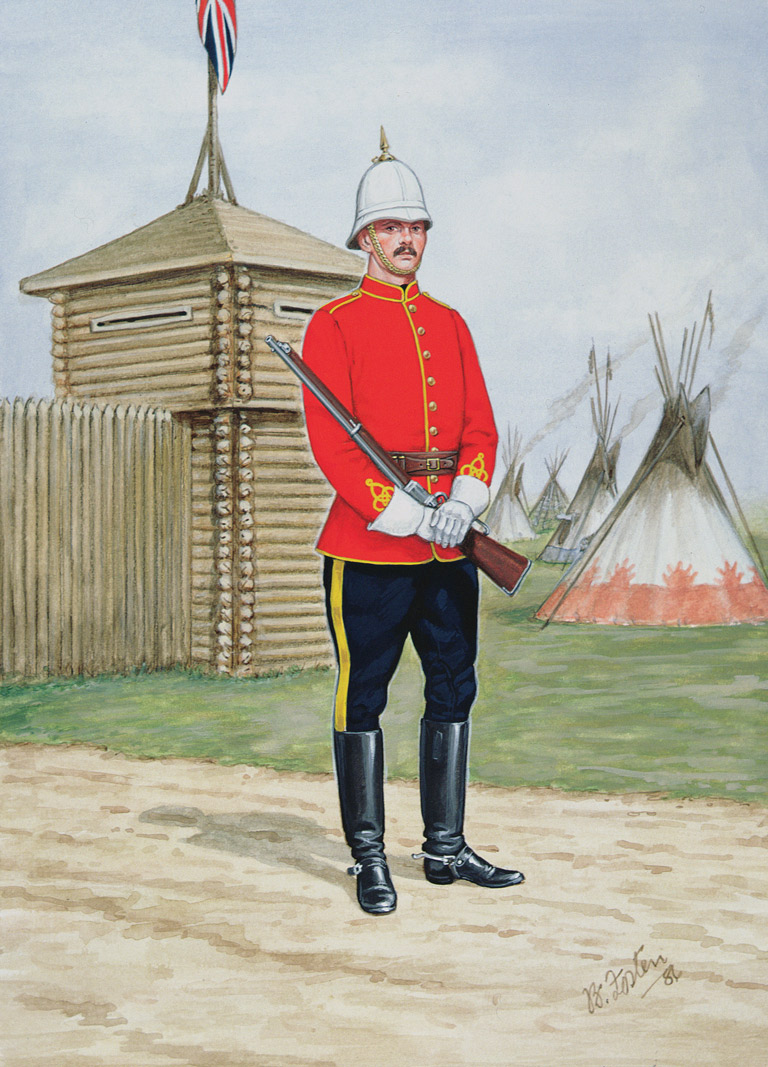
The Mild West
Canada’s West could have been a lot wilder than it was. Prior to 1874, law enforcement in the region was mostly left to officers at Hudson’s Bay Company fur-trading forts.
But the opening of the American West led to rampant lawlessness that sometimes spilled across the border.
When a group of Montana hunters and whisky traders massacred a band of Assiniboine people in the Cypress Hills in present-day southern Saskatchewan in 1873, the federal government acted quickly to establish a federal police force.
The North-West Mounted Police trekked west in 1874. One of its roles was to enforce controls on liquor sales that were creating havoc among First Nations communities.
Led by James Macleod, the NWMP minimized conflict, helped to establish treaty relations with Indigenous peoples, and cleared the way for orderly settlement.
One of the force’s most important roles was policing the construction of the new transcontinental railroad — a project that created special problems related to gambling, liquor, labour disputes, and prostitution.
When the Klondike gold rush was on, the force, led by the legendary Sam Steele, was in place to collect customs duties and to ensure fortune seekers had enough supplies to see them through winter.
They also guarded gold shipments and arbitrated disputes but tolerated gambling, prostitution, and drinking, so long as they didn’t take place on Sundays.
The force was also strict about controlling handguns, especially in towns.
Consequently, armed robbery and murder were far less common in the Canadian West compared with south of the border.
— Text by Nelle Oosterom
Related to Lawbreakers
At Canada’s History, we highlight our nation’s past by telling stories that illuminate the people, places, and events that unite us as Canadians, while understanding that diverse past experiences can shape multiple perceptions of our history.
Canada’s History is a registered charity. Generous contributions from readers like you help us explore and celebrate Canada’s diverse stories and make them accessible to all through our free online content.
Please donate to Canada’s History today. Thank you!
Themes associated with this article
Advertisement
You might also like...
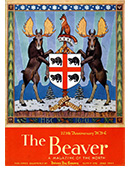
Canada’s History Archive, featuring The Beaver, is now available for your browsing and searching pleasure!

Beautiful woven all-silk bow tie — burgundy with small silver beaver images throughout. This bow tie was inspired by Pierre Berton, inaugural winner of the Governor General's History Award for Popular Media: The Pierre Berton Award, presented by Canada's History Society. Self-tie with adjustments for neck size. Please note: these are not pre-tied.
Made exclusively for Canada's History.

